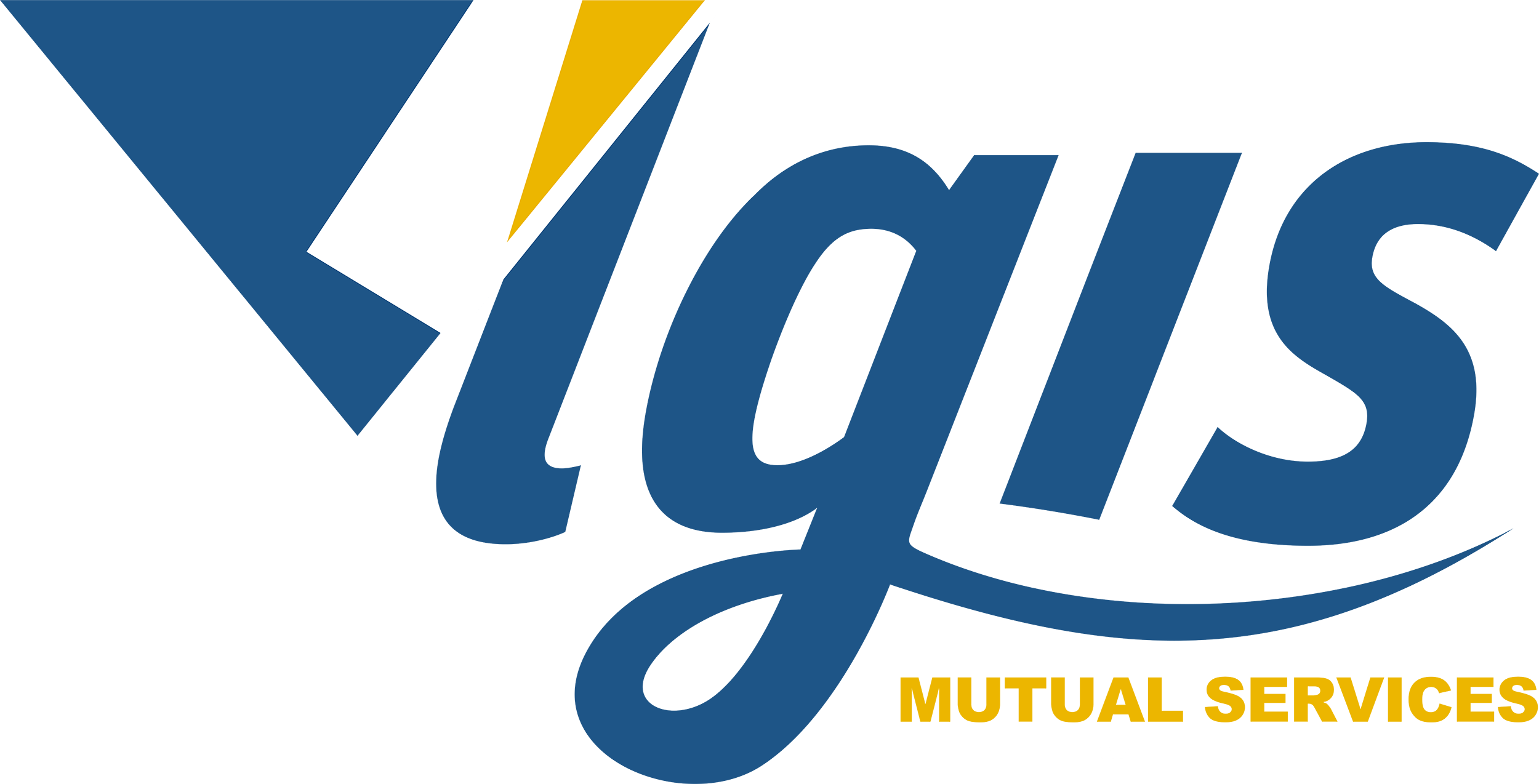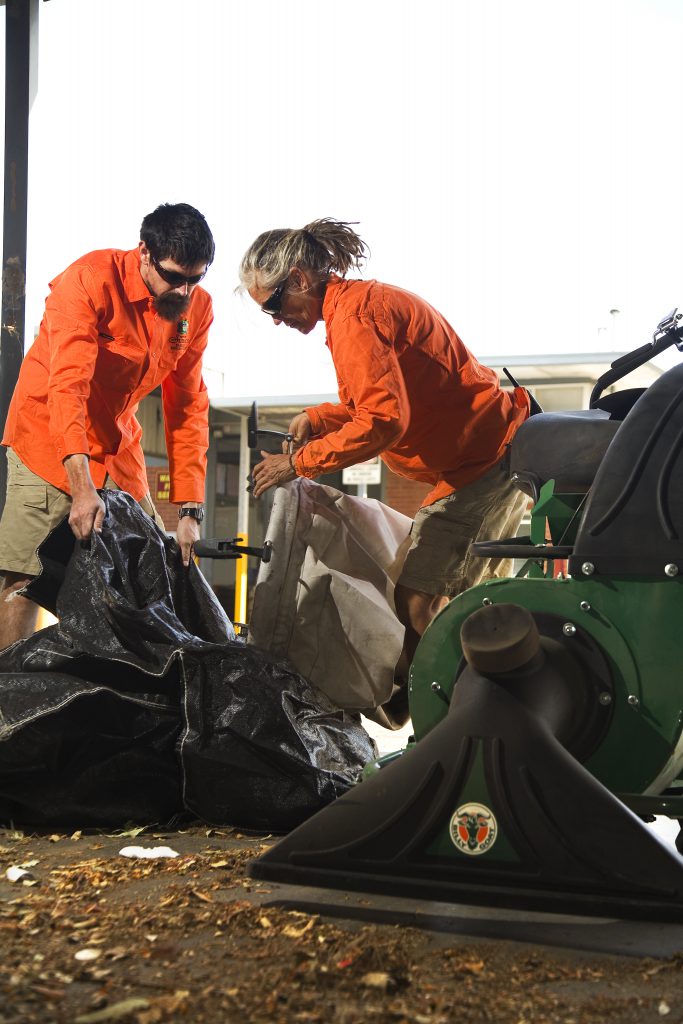Worker's compensation implications
Legally a worker who suffers an injury while working from
home will be entitled to compensation if they can establish the injury occurred while they were taking part in a task or activity, which the employer had authorised, encouraged or permitted them to be performing at the time.
In addition, with reference to a worker who sustains injury
while taking a break, the smaller the gap between the periods of work, the more likely it is that a court would accept the
injury was sustained in the course of employment.
To reduce exposure to claims, employers might consider
providing employees with set hours of work and address break periods (preferably in writing), as well as appropriate guidance
for setting up a home office ergonomically.



